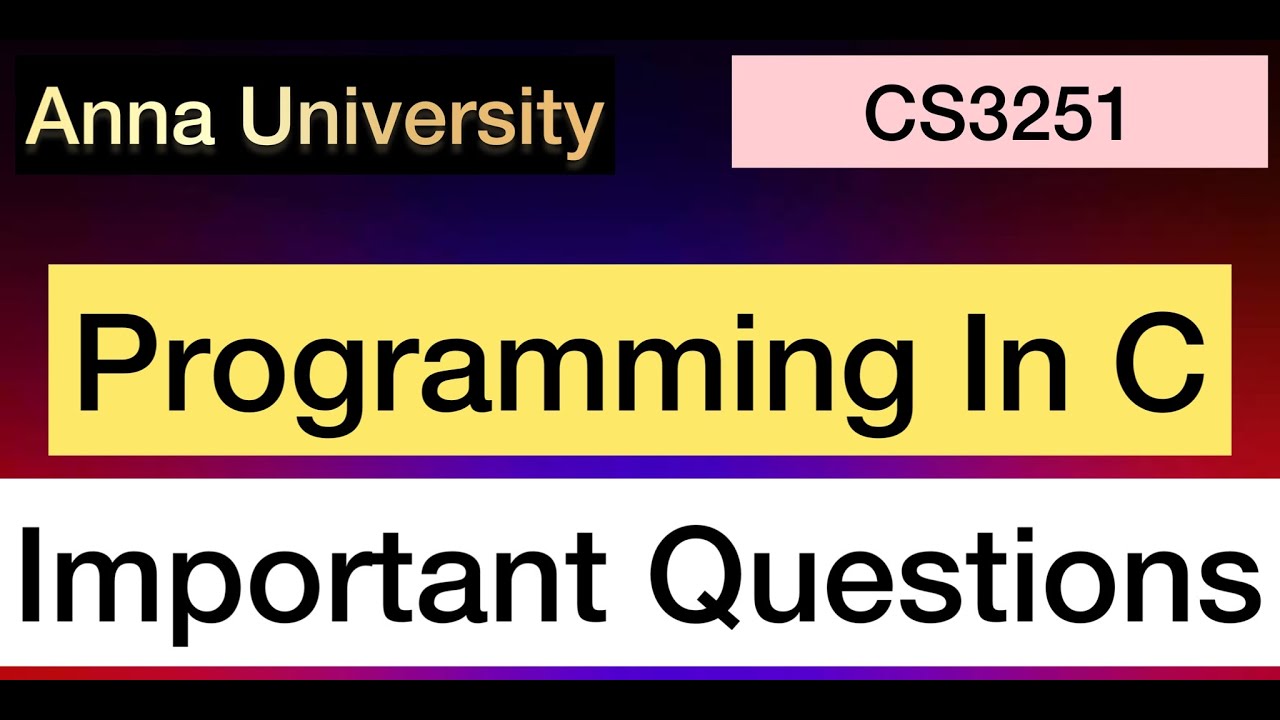Part 1 Introduction || C#.Net Tutorials For Beginners & Experienced || @NehanthWorld
Summary
TLDRIn this introductory video of the C#.NET tutorial series, the presenter, Wut, outlines the key topics that will be covered, including .NET basics, Base Class Libraries (BCL), Common Language Runtime (CLR), object-oriented programming, collections, delegates, exception handling, and debugging. The series aims to guide viewers through essential C#.NET concepts and programming practices. Wut encourages viewers to stay tuned for upcoming videos and to like, share, and subscribe to the channel for more tutorials.
Takeaways
- 😀 This video is part 1 of a C# .NET tutorial series.
- 😀 The tutorial will cover a wide range of topics related to C# .NET.
- 😀 Topics include the basics of .NET, Base Class Libraries, and CLR.
- 😀 Object-oriented programming will be explained in detail in the upcoming videos.
- 😀 Key concepts such as collections, delegates, and exception handling will be discussed.
- 😀 Asynchronous programming is also part of the tutorial series.
- 😀 The tutorial will include how to debug an application in C# .NET.
- 😀 The video aims to provide foundational knowledge about C# .NET for beginners.
- 😀 The video encourages viewers to like, share, and subscribe for more tutorials.
- 😀 The series is designed for anyone looking to learn or improve their knowledge of C# .NET.
Q & A
What is the purpose of this C#.NET tutorial series?
-The tutorial series aims to provide an introduction to C#.NET, covering fundamental topics such as the .NET framework, Base Class Libraries (BCL), CLR, and object-oriented programming, as well as advanced concepts like collections, delegates, exception handling, and asynchronous programming.
What is covered in the first part of the tutorial?
-The first part of the tutorial is an introduction to the C#.NET tutorial series. It outlines the topics that will be covered, including the .NET framework, Base Class Libraries (BCL), CLR, and other key concepts.
What are some of the main topics that will be discussed in this tutorial series?
-Some of the main topics include the .NET framework, Base Class Libraries (BCL), Common Language Runtime (CLR), object-oriented programming, collections, delegates, exception handling, asynchronous programming, and debugging applications.
What does the .NET framework include?
-The .NET framework includes a comprehensive class library (Base Class Libraries), a runtime environment (CLR), and various tools and technologies that enable developers to build a wide range of applications, from web and desktop to mobile and cloud-based solutions.
What is the CLR, and why is it important in C#.NET development?
-The CLR (Common Language Runtime) is the execution engine for .NET applications. It provides services like memory management, exception handling, and garbage collection. The CLR allows for cross-language interoperability and ensures that code runs in a managed environment.
What are Base Class Libraries (BCL), and how do they support C#.NET development?
-Base Class Libraries (BCL) are a set of standard libraries that provide fundamental functionality, such as file handling, database access, string manipulation, and more. These libraries support C#.NET development by offering reusable, well-tested components.
What does 'object-oriented programming' mean in the context of this tutorial?
-Object-oriented programming (OOP) in C#.NET refers to the programming paradigm that uses classes and objects to structure code. It focuses on concepts like inheritance, encapsulation, polymorphism, and abstraction, which help in creating modular and maintainable code.
What are collections in C#.NET, and why are they important?
-Collections in C#.NET refer to data structures like arrays, lists, dictionaries, and queues, which are used to store and manage data. They are important because they provide efficient ways to handle and manipulate groups of related objects.
What is the role of delegates in C#.NET?
-Delegates in C#.NET are type-safe function pointers that allow methods to be passed as parameters or assigned to variables. They are commonly used in event handling and callback mechanisms, providing flexibility in how methods are executed.
What is asynchronous programming, and how will it be covered in this series?
-Asynchronous programming in C#.NET involves writing code that can run in the background without blocking the main thread. This tutorial will explain how to write asynchronous code using features like async and await, improving performance and responsiveness in applications.
Outlines

This section is available to paid users only. Please upgrade to access this part.
Upgrade NowMindmap

This section is available to paid users only. Please upgrade to access this part.
Upgrade NowKeywords

This section is available to paid users only. Please upgrade to access this part.
Upgrade NowHighlights

This section is available to paid users only. Please upgrade to access this part.
Upgrade NowTranscripts

This section is available to paid users only. Please upgrade to access this part.
Upgrade NowBrowse More Related Video

C++ Tutorial - Introduction to C++ | C++ Tutorial For Beginners #c++

Programming In C | Important Questions | Anna University | Tamil

What is C++, Its Introduction and History | CPP Programming Video Tutorial

Introduction to C++ Programming

Pemrograman C [Dasar] - Pengenalan Pemrograman C dan Cara Kerjanya #1

C 語言入門 | 01 - 01 | C 語言入門課程簡介
5.0 / 5 (0 votes)